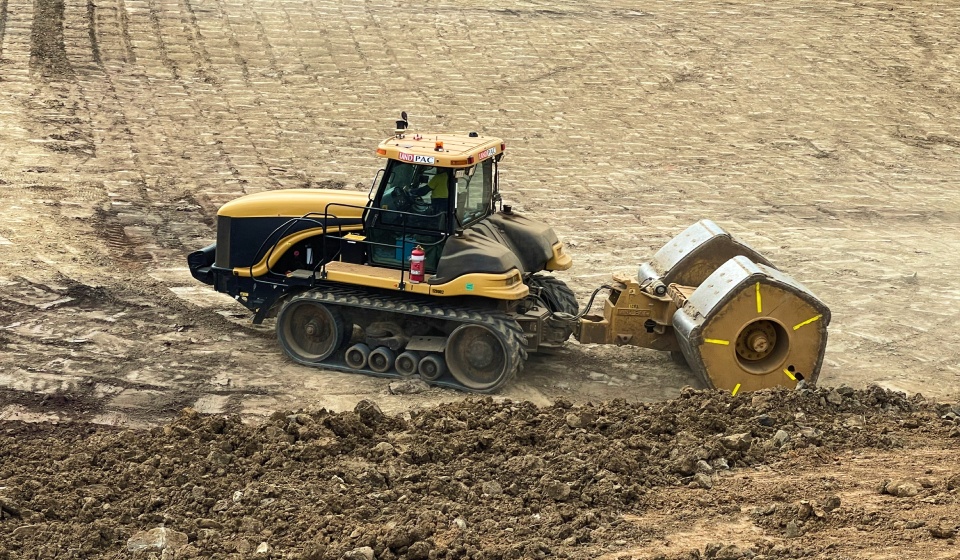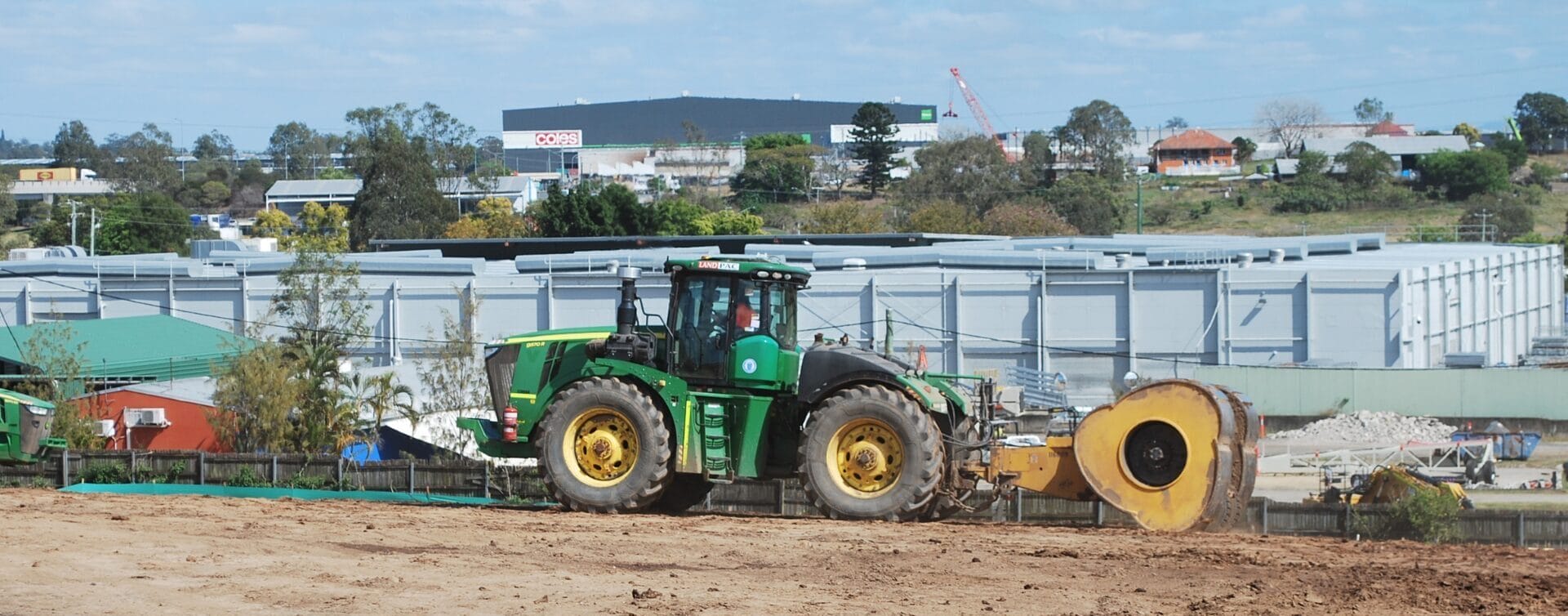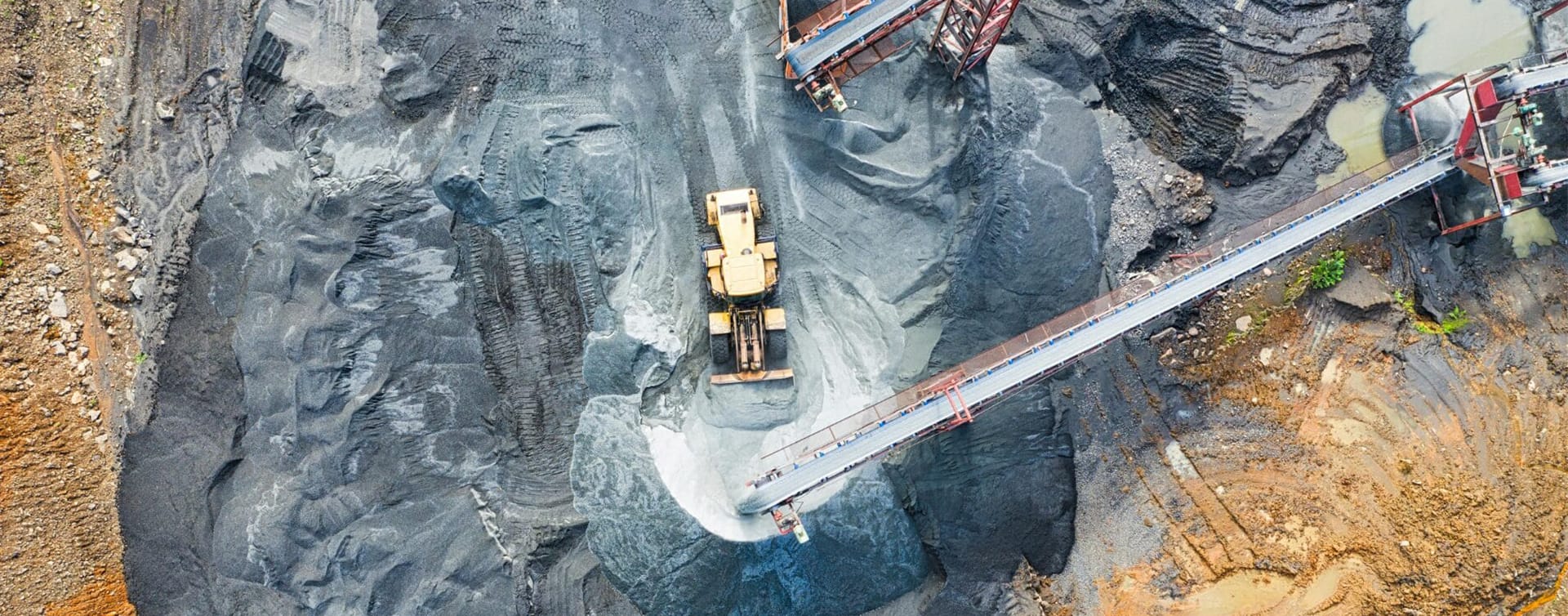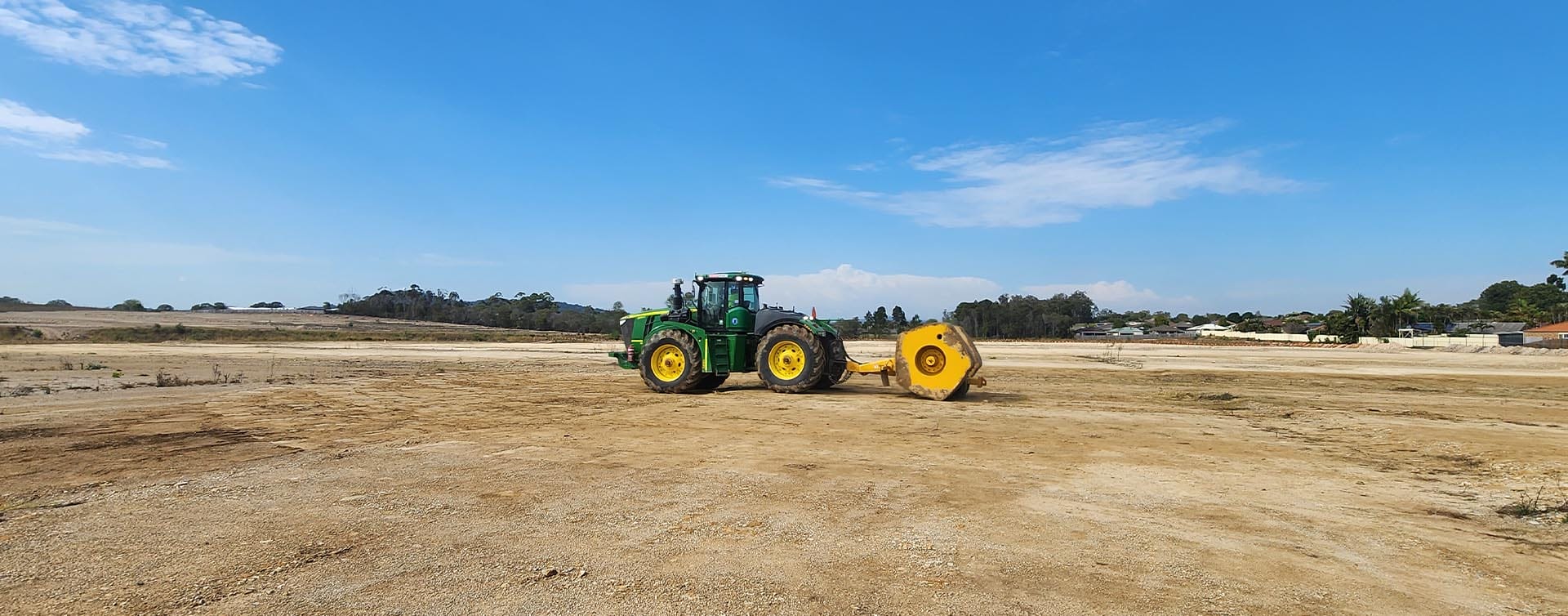Jebel Ali Port
Project Overview
The Jebel Ali Port expansion in Dubai entailed reclamation behind Quay 4 and Berth 21, requiring the backfilling of dredged marine sands to a depth of 16m. This project was critical to enhance the port’s capacity and operational efficiency.

Landpac's Solution
Landpac implemented High Energy Impact Compaction (HEIC) to improve the bearing characteristics of the dredged marine sands in the crucial top 2m soil profile.
Challenges
Initial Vibro compaction techniques revealed poor compaction results in the top 2m of the soil, falling short of the required Cone Penetration Test (CPT) cone resistance of 6 MPa, which necessitated a more effective compaction method.
Application of HEIC
Soil Stabilisation: HEIC was vital in achieving the desired compaction and stability for the reclaimed land, ensuring it could adequately support the port’s infrastructure.
Benefits
Enhanced Soil Compaction: HEIC significantly improved the compaction quality, with post-compaction CPT values showing substantial improvement.
Improved Load-Bearing Capacity: This method elevated the soil’s load-bearing capacity, vital for the port’s operational demands.
Client: [Confidential]
Principal Contractor: [Confidential]
Ground Improvement Contractor: Landpac
Landpac’s expertise in HEIC played a pivotal role in overcoming the geotechnical challenges at Jebel Ali Port, contributing to its successful expansion and enhancing its capacity as a major seaport in the Middle East.
Latest news

Uncontrolled vs Contaminated Fill | Why It Matters
Understand the difference between uncontrolled and contaminated fill, the risks of each, and how Landpac’s HEIC method delivers safe, stable ground.

High-Energy Impact Compaction in Australian Mining
From haul roads in WA to tailings dams in QLD, High-Energy Impact Compaction (HEIC) is reshaping ground improvement across Australia’s mining operations. Backed by Intelligent Compaction Measurement (ICM), HEIC delivers faster, deeper, and more reliable results, boosting safety, sustainability, and cost-efficiency in some of mining’s toughest conditions.

Understanding High Energy Impact Compaction (HEIC)
High Energy Impact Compaction (HEIC) revolutionises ground improvement with its ability to achieve superior soil density and stability. Unlike traditional methods, HEIC uses advanced rollers and compaction technology to penetrate deeper soil layers.
